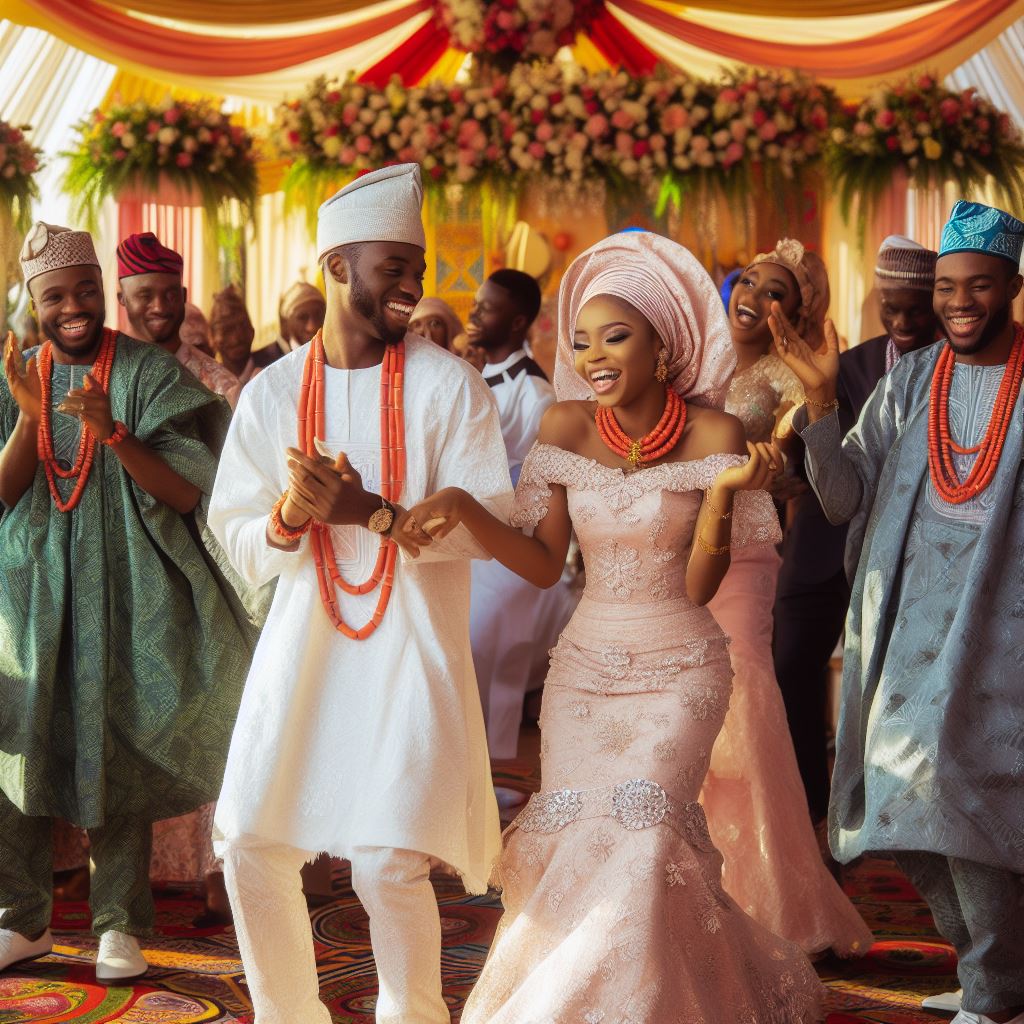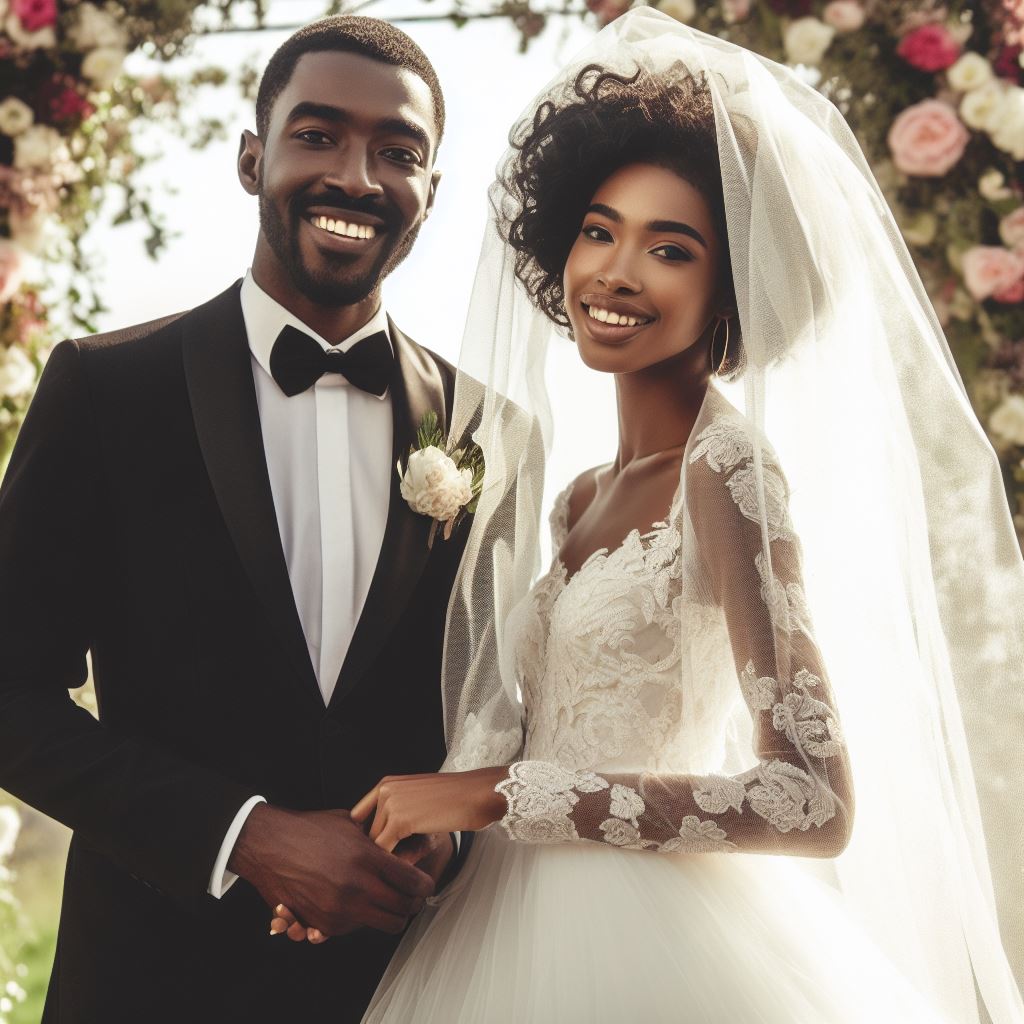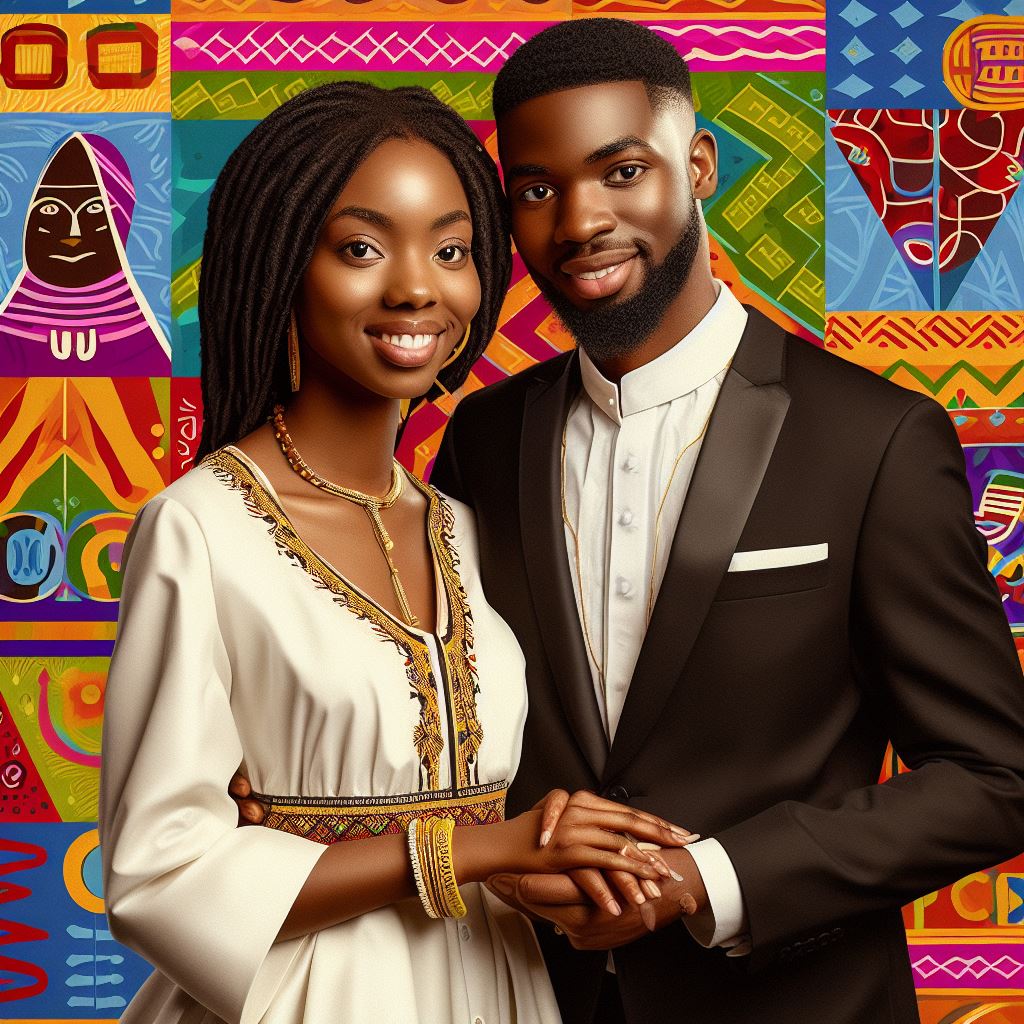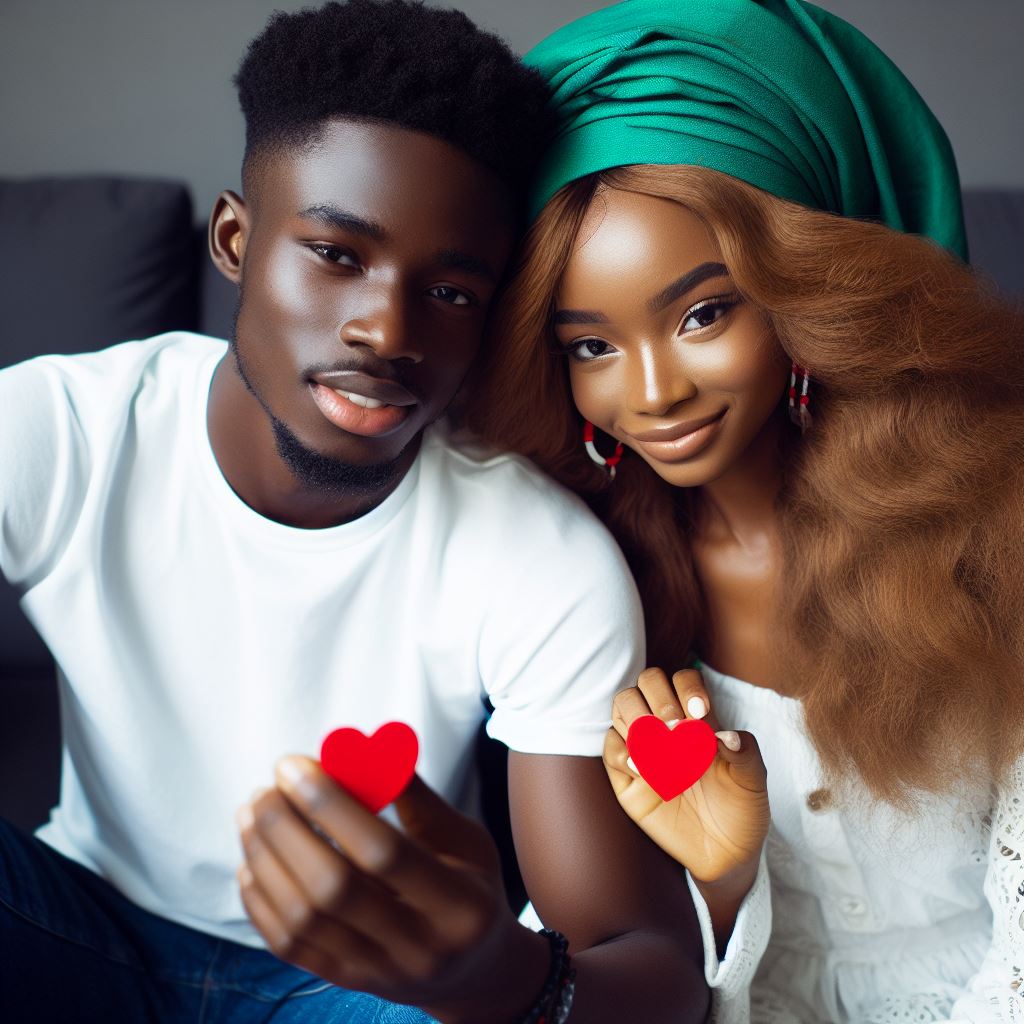Introduction
Marriage rites and celebrations play a vital role in preserving the cultural heritage of Nigerian tribes. These ceremonies are more than just union; they are a profound representation of tradition, history, and identity.
Nigeria, with its over 250 ethnic groups, boasts a remarkable tapestry of cultures, each with its distinct marriage practices.
From the colorful Yoruba weddings in the southwest to the vibrant Igbo ceremonies in the southeast.
And the elegant Hausa-Fulani unions in the north, Nigeria’s tribes showcase a mesmerizing array of customs, rituals, and festivities.
In this blog post, we’ll embark on a journey through the major Nigerian tribes, delving into their unique marriage traditions.
We’ll start with the Yoruba, known for their elaborate ceremonies, move on to the Igbo, renowned for their cultural symbolism.
And conclude with the Hausa-Fulani, celebrated for their simplicity and elegance in matrimonial celebrations.
Join us as we unravel the beauty and significance of these remarkable customs.
Read: The Song of Solomon: Exploring Love and Marriage
Yoruba Tribe
Description of Yoruba tribe’s marriage rites
- Introduction and matchmaking
- Engagement ceremony
- Traditional wedding ceremony
- Henna night
The Yoruba tribe, one of the major Nigerian tribes, has rich traditions and customs surrounding marriage. The wedding process typically involves several stages.
- Introduction and matchmaking: Before a Yoruba wedding takes place, the families of the bride and groom are introduced to each other.
This is usually done by a mediator who helps to determine compatibility. - Engagement ceremony: Once the families agree to the union, an engagement ceremony known as “Igba Nkwu” is held.
This event signifies the formal commitment between the couple and their families. - Traditional wedding ceremony: The Yoruba traditional wedding is a colorful and vibrant event. It includes rituals and customs that have been passed down through generations.
The couple exchanges vows and performs traditional rites. - Henna night: Before the wedding day, the bride’s hands and feet are adorned with intricate henna designs during a special gathering. This night is filled with music, dancing, and celebration.
Insight into Yoruba tribe’s celebration traditions
- Traditional clothing and accessories
- Music, dance, and cultural performances
- Traditional delicacies served during the celebration
The Yoruba tribe’s wedding celebrations are known for their cultural richness and vibrancy.
- Traditional clothing and accessories: During the wedding ceremonies, both the bride and groom wear traditional Yoruba attire.
The bride’s outfit includes a gele (headtie), iro (wrapper), and buba (blouse), while the groom wears agbada (flowing gown) and fila (cap). - Music, dance, and cultural performances: Yoruba weddings are never short of lively music, dance, and cultural performances.
They create rhythmic melodies using traditional drums like the talking drum and bata drums, while guests energetically dance in celebration. - Traditional delicacies served during the celebration: The Yoruba tribe takes pride in their culinary traditions.
Wedding celebrations feature serving various traditional delicacies such as jollof rice, pounded yam, egusi soup, and fried plantains.
Unique customs or rituals specific to the Yoruba tribe’s marriage celebrations
The Yoruba tribe has some unique customs and rituals that make their marriage celebrations special.
During the “Okanlawon” ceremony, they symbolically present the bride with a wooden spoon, signifying her readiness for new home responsibilities.
Another interesting ritual is the “Oloola” tradition, where the couple jumps over a broom together to signify unity and to ward off evil spirits.
These customs add cultural significance and meaning to the Yoruba wedding celebration.
The Yoruba tribe deeply embeds tradition and cultural significance in their marriage rites and celebrations.
From the matchmaking process to the vibrant wedding ceremonies and unique customs, Yoruba weddings are a celebration of love, family, and heritage.
Read: Biblical Foundations: Building Strong Marriages in Faith
Igbo Tribe
Explanation of Igbo tribe’s marriage rituals
In the introduction and courtship phase, potential partners meet and get to know each other under the watchful eyes of their families.
This ensures compatibility and avoids any union that may bring shame or dishonor.
The Igba Nkwu ceremony is a significant event where the groom’s family carries kegs of wine to the bride’s family as a symbol of acceptance and approval.
The bride’s family welcomes them and the wine is shared among the guests, signifying the union and unity of the families.
The Igba Nkwu Nwanyi ceremony is exclusively for the bride and her female relatives. They carry wine to the groom’s family to appreciate their acceptance and support.
This ceremony strengthens the bond between the bride and her new in-laws.
Traditional wedding ceremony
The traditional wedding ceremony in the Igbo tribe involves various customs and rituals. The bride and groom exchange vows and are joined publicly as husband and wife.
Important aspects include the breaking of kola nuts, pouring of libations, and the sharing of palm wine, which symbolizes joy, love, and fertility.
During celebrations, the Igbo tribe showcases their vibrant and colorful traditional attire.
A beautifully designed outfit, typically the isiagu or george wrapper, adorns the bride during the ceremony.
The groom wears the isiagu with a matching cap. These attires represent their identities and heritage.
Traditional dances and music play a significant role in Igbo wedding celebrations. The energetic and rhythmic movements of the dancers create an atmosphere of joy and excitement.
The sounds of traditional musical instruments such as the ekwe, ogene, and udu fill the air, adding to the festive ambiance.
The occasion highlights Igbo culinary prowess with special dishes like jollof rice, pounded yam, egusi soup, and nkwobi served to guests.
These delicacies symbolize abundance, hospitality, and unity among the community.
Distinctive practices or beliefs related to the Igbo tribe’s marriage celebrations
The Igbo tribe holds strong beliefs in ancestral worship and spiritual connections. During the wedding ceremonies, there are often rituals performed to honor and seek blessings from their ancestors.
This includes pouring libations and seeking the guidance and protection of the gods and spirits.
The marriage rites and celebrations of the Igbo tribe are elaborate and deeply rooted in their cultural traditions.
These rituals not only symbolize the union of two individuals but also serve as a way to honor their ancestors and maintain the rich heritage of the Igbo people.
Read: God’s Plan for Marriage: Rooted in Biblical Scriptures
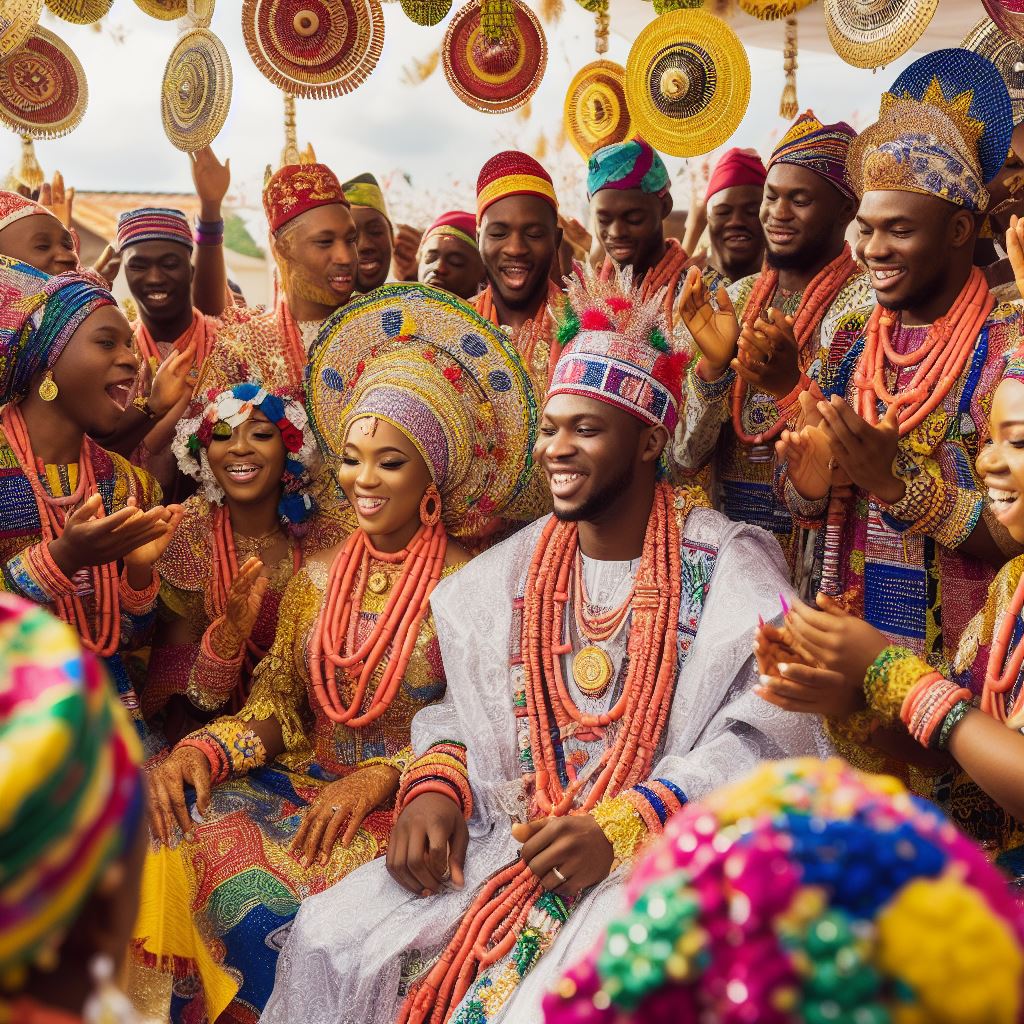
Hausa Tribe
The Hausa tribe, one of Nigeria’s major tribes, has rich marriage rites that reflect their cultural heritage. Let’s explore the customs and celebrations unique to the Hausa tribe.
Description of Hausa tribe’s marriage rites
1. Pre-marital customs and arrangements
Before the wedding ceremony, the Hausa tribe follows various pre-marital customs and arrangements. These include the negotiation of the bride price and the dowry.
The negotiations involve the bride and groom’s families, ensuring their consent blesses the union and plays important roles.
2. ‘Fatihah’ ceremony
The ‘Fatihah’ ceremony is an essential part of Hausa marriage rites. It involves the recitation of verses from the Quran and includes the formal introduction of the couple to their families and community.
This ceremony symbolizes the beginning of their journey as a married couple and seeks blessings for a prosperous union.
3. Karki’ ceremony
The ‘Karki’ ceremony is a unique element of Hausa wedding celebrations. It involves the ceremonial washing of the bride and groom’s feet.
This act signifies purification and the couple’s readiness to embark on their new life together. Family members and close friends participate in the ritual, making it a significant event filled with joy and blessings.
4. Budar Kai’ ceremony
The ‘Budar Kai’ ceremony is the climax of the Hausa wedding celebrations. The community officially presents the couple at the grand reception, marked by colorful festivities,
traditional dances, and cultural performances. It is a joyous celebration of love, unity, and the coming together of families.
Unique elements in Hausa tribe’s wedding celebrations
1. Traditional attire and jewelry
The Hausa tribe is known for its colorful and elaborate traditional attire and jewelry.
During their wedding celebrations, the bride and groom adorn themselves with traditional outfits, including vibrant fabrics, intricately designed embroidery, and exquisite jewelry.
These elements add cultural richness and elegance to the festivities.
2. Traditional dances and cultural performances
Traditional dances and cultural performances play a significant role in Hausa wedding celebrations.
The rhythmic beats of drums, melodic tones of traditional instruments, and energetic dance moves create an atmosphere of joy and excitement.
Guests join in the celebrations, showcasing their talents and fostering a sense of unity and community spirit.
3. Traditional cuisine and food served during the celebration
The Hausa tribe takes pride in its culinary traditions, and weddings are no exception.
During the celebrations, people serve traditional Hausa dishes like suya, tuwo shinkafa, miyar kuka, and kunun gyada.
These dishes are not only delicious but also reflect the rich flavors of the Hausa culture.
4. Remarkable traditions or rituals associated with the Hausa tribe’s marriage celebrations
One remarkable tradition during Hausa marriage celebrations is the sprinkling of perfumed water on the couple. This act is done as a symbolic gesture to cleanse and purify their union.
Additionally, the elders of the community play a significant role in blessing the couple and offering words of wisdom for a successful and prosperous marriage.
Hausa tribe’s marriage rites and celebrations brim with cultural significance and lively festivities.
From pre-marital customs to unique ceremonies and the inclusion of traditional elements, these celebrations are a testament to the rich cultural heritage of the Hausa people.
Read: The Role of Husbands & Wives: Exploring Ephesians 5
Conclusion
We’ve explored the vibrant marriage customs of Nigeria’s major tribes. Yoruba, Igbo, and Hausa traditions possess rich histories, each featuring unique ceremonies.
Nigerian weddings are not just unions; they’re celebrations of culture, love, and community. The diversity within Nigeria’s tribes underscores the country’s cultural tapestry.
As we’ve seen, marriage is not just a personal choice; it’s a communal affair, binding families and clans.
To truly appreciate these customs, consider experiencing them firsthand or diving deeper into research. Nigeria’s tribes offer a fascinating glimpse into the nation’s cultural mosaic.
So, whether you’re tying the knot or simply curious, remember that Nigeria’s marriage traditions are a testament to the country’s unity in diversity.

